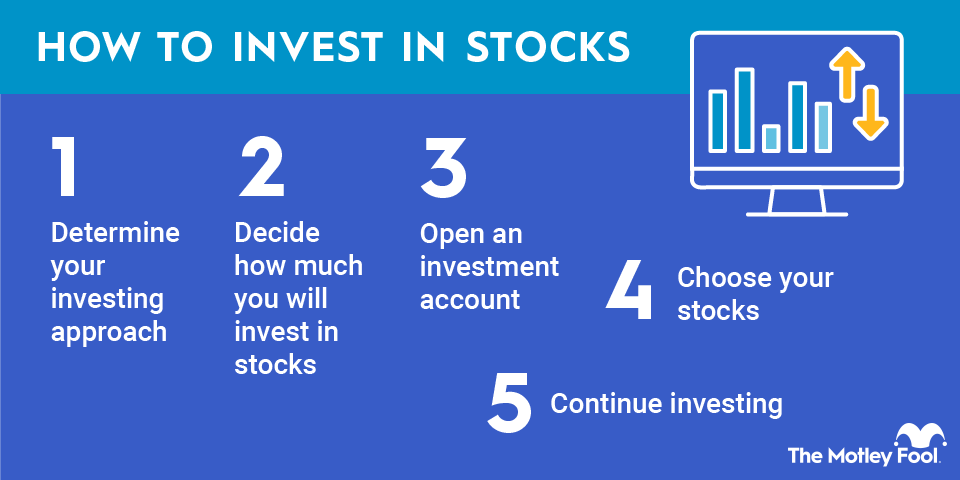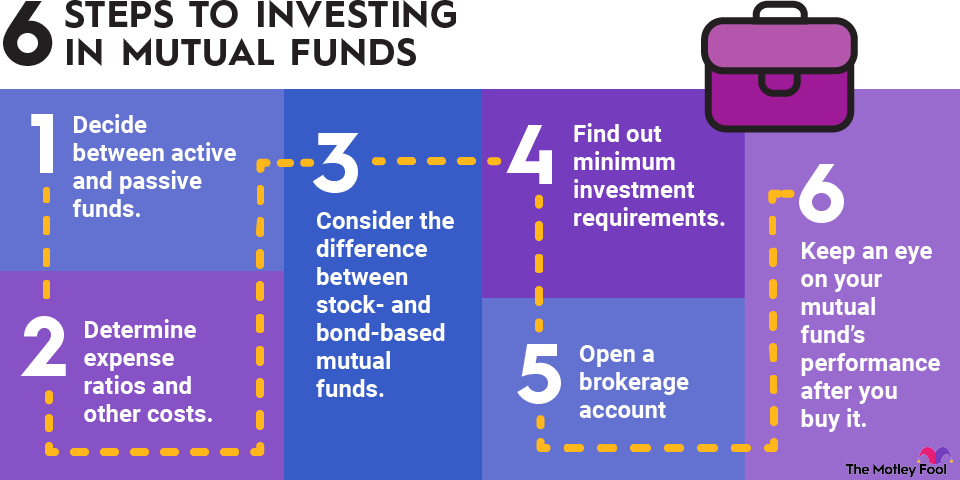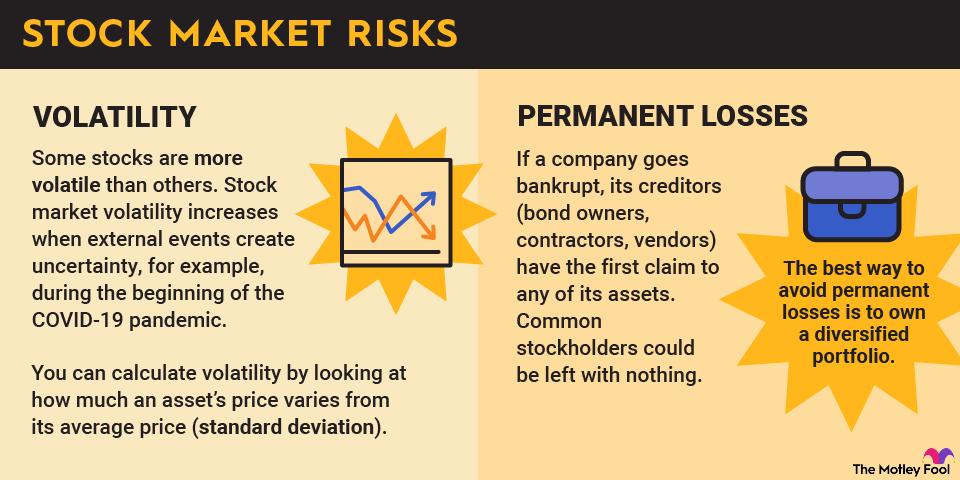Real estate syndication isn't exactly a well-known type of investment, but it has emerged as an interesting opportunity for investors who want to capitalize on the high return potential of real estate but don't necessarily want to become property owners. In this article, we'll take a closer look at real estate syndication, its pros and cons, and what investors should know before deciding if it is right for them.

Pros and cons of investing in syndicated real estate investments
There's no such thing as a perfect type of investment for everyone. Here are some of the pros and cons of investing in syndicated real estate deals.
Pros of real estate syndication
High return potential: This is perhaps the No. 1 reason to invest in syndicated real estate deals. There is a lot of money to be made from commercial real estate investments that work out well.
Access to unique real estate investments: As previously mentioned, most people couldn't simply fund the construction of a hotel. And even if you could afford it, would you really know what to do? Real estate syndication gives investors without extensive real estate development or management backgrounds the ability to participate in new investment opportunities.
Portfolio diversification: This can be an especially large benefit in turbulent markets and in rough economic times. Single-asset real estate returns aren't strongly correlated with the stock market, and their prices don't fluctuate on a daily basis like stocks, so investing in real estate syndication can give a nice element of diversification to an investment strategy.
Cons of real estate syndication
Illiquidity: Syndicated real estate investments are perhaps the least liquid way to invest in real estate. With a real estate investment trust, or REIT, you can simply sell your shares whenever you want. If you own an investment property, it may take a few weeks or months, but you can choose to sell it. A syndicated real estate deal is typically illiquid for the entire holding period.
Performance is tied to a single asset: One of the advantages of investing in REITs is that the company owns many different properties. If one of them performs poorly, it shouldn’t make much of a difference overall. In syndicated deals, your money is typically tied to one asset, and if it doesn't perform up to expectations, it can result in large losses.
Not all deals work out: In the pros section, it was mentioned that syndicated real estate investments can produce excellent returns. However, a wide range of outcomes is possible. To be sure, the risk/reward can still make a lot of sense, but this is especially worth keeping in mind if you're investing in one syndicated real estate deal.
Inconsistent income: Many syndicated real estate investments have some component of passive investment income, but there are caveats. For one thing, the income doesn't usually start right away, especially if it's a development or renovation project. Plus, there's no guarantee that you'll get any income at all. If you do, it may vary considerably from year to year. Syndicated real estate investments are generally not the best fit for income-seeking investors.
Must be an accredited investor (usually): To invest in single-asset real estate syndication deals through a crowdfunding portal, you'll need to be an accredited investor. An exception is when a sponsor is raising funds privately. But, for obvious reasons, private syndication opportunities can be tough to find (and have not been vetted by any reputable third party).
How to invest in real estate syndication opportunities
There's no single answer to this question, but for most investors, the easiest way is through a real estate crowdfunding portal such as Crowd Street or RealtyMogul. Most single-asset syndication deals (as opposed to investment funds that buy several properties) are restricted to accredited investors. As previously noted, individuals need to satisfy one of two criteria:
- Annual income of at least $200,000 ($300,000 for couples) for the past two years, with a reasonable expectation of the same in the current year
- Net worth of $1 million, excluding the value of your primary residence
Although it's not a fail-safe method of screening investors, the purpose of the accredited investor requirement is to limit "riskier" investments to people who either have the financial knowledge to assess the risk/reward dynamics or who can afford to absorb a loss if the investment goes badly.
Related Investing Topics
The bottom line
Real estate syndication can be an excellent investment opportunity for accredited investors who want to diversify their portfolio into real estate investments but don't necessarily want the work involved with owning properties directly. However, just like any other investment type, real estate syndication has its pros and cons, so it's important to know what you're getting into before writing any checks.



















